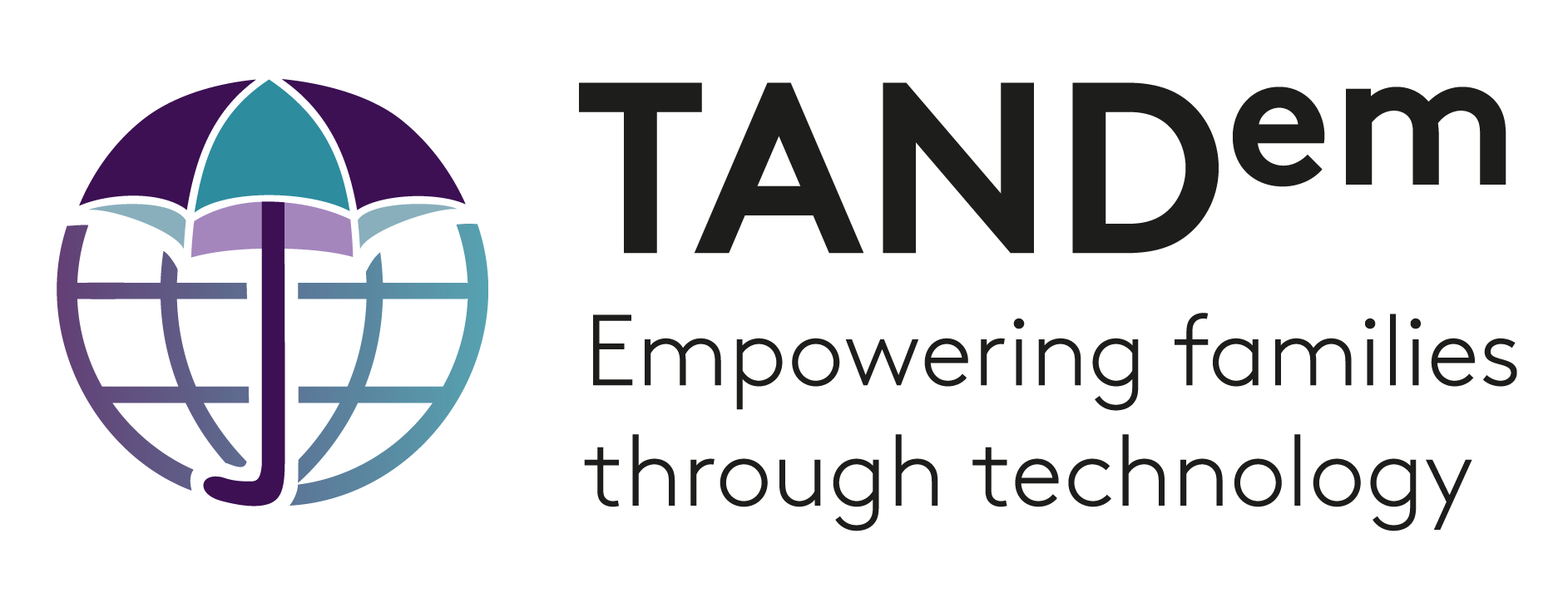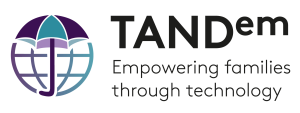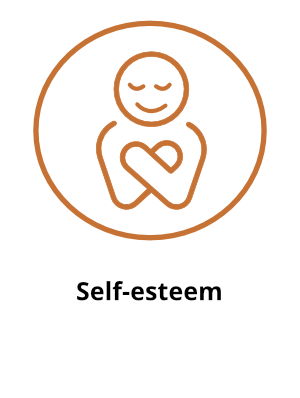Psychosocial Cluster
Home > TAND Clusters > Psychosocial > What to seek > Family relationships
Family relationships
Individuals and their families who are affected with TSC must live with this medical condition for the rest of their lives. They face challenges and problems in areas such as education, employment, health insurance, costs, and social participation. As a result of these issues, the individual with TSC and their caregivers may experience high levels of stress, and relationships within the family can show signs of tension. Comprehensive family care focusing both on family dynamics and on each individual relationship may help them to overcome particular challenges. When there are clear indications for difficulties or tensions in family relationships, you can seek:
- Family therapy: a family therapist or counsellor to help family members improve communication and resolve conflicts. Family therapy is a type of psychological counselling that can help families to build stronger relationships, to manage conflicts within the family system and to improve communication patterns.
- Sibling therapy: the impact of living with TSC can negatively influence the sibling relationships, for which sibling therapy may be appropriate. Sibling therapy is a type of family therapy that focuses on the sibling relationship(s), helping parents find ways to resolve conflict and to promote bonding between siblings.
- Couples therapy: when parents are having relationship difficulties, they might benefit from couples therapy to help rebuild their relationship. Couples therapy helps couples to recognise and resolve conflicts and to improve their relationships. Couples counselling is often provided by a licensed marriage and family therapist.









